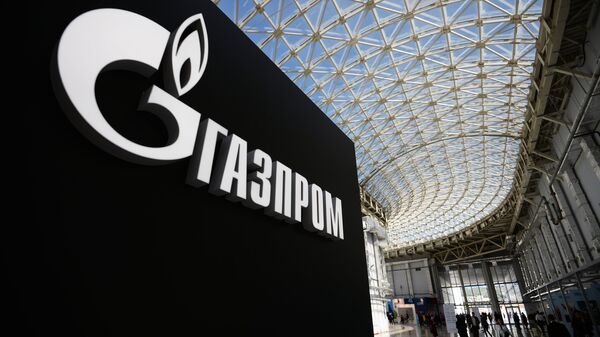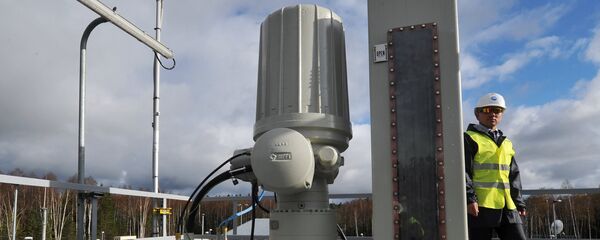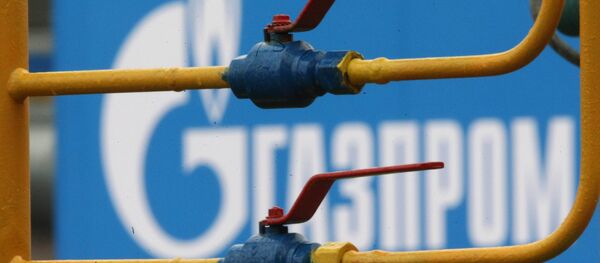The PGNiG, in particular, demanded from the Russian energy giant to sell its stakes in a number of subsidiaries with pipeline and storage infrastructure ownership in the European Union.
Apart from Opal and Yamal-Europe gas pipelines, Russia should be deprived of the Katharina underground gas storage in Germany, among other assets linking energy infrastructure with trade agreements as well as any installations allowing Gazprom to retain exclusive control over gas supplies to Eastern and Central Europe, according to PGNiG.
In 2015, the European Commission launched an antitrust case against Gazprom, accusing it of hindering competition and unfair pricing for its eastern and central European clients. This included fragmenting the market with restrictive contracts, linking gas prices to an oil basket rather than European auctions and seeking access to gas transport infrastructure in client countries when offering supply contracts. Gazprom made proposals to eliminate these practices in 2016.
The Polish side criticized the EU Commission decision, stressing that proposals neither solved the problem of Gazprom’s violation of EU competition laws nor guaranteed that the rules would not be broken in the future. Poland's main objections were related to proposals on gas re-export prohibitions, pricing mechanism reviews and the absence of a decision on the issue of the Yamal gas pipeline. Poland was also not satisfied with the fact that Gazprom would not suffer any consequences, including financial ones, for its abuses.
The Opal pipeline connects Europe’s gas transportation network with the Nord Stream pipeline, which was built in 2010 to supply Russian gas along a Baltic Sea pipeline to northern Germany.
The Yamal–Europe pipeline supplies gas from Russia's Yamal peninsula via Belarus and Poland to Germany.




